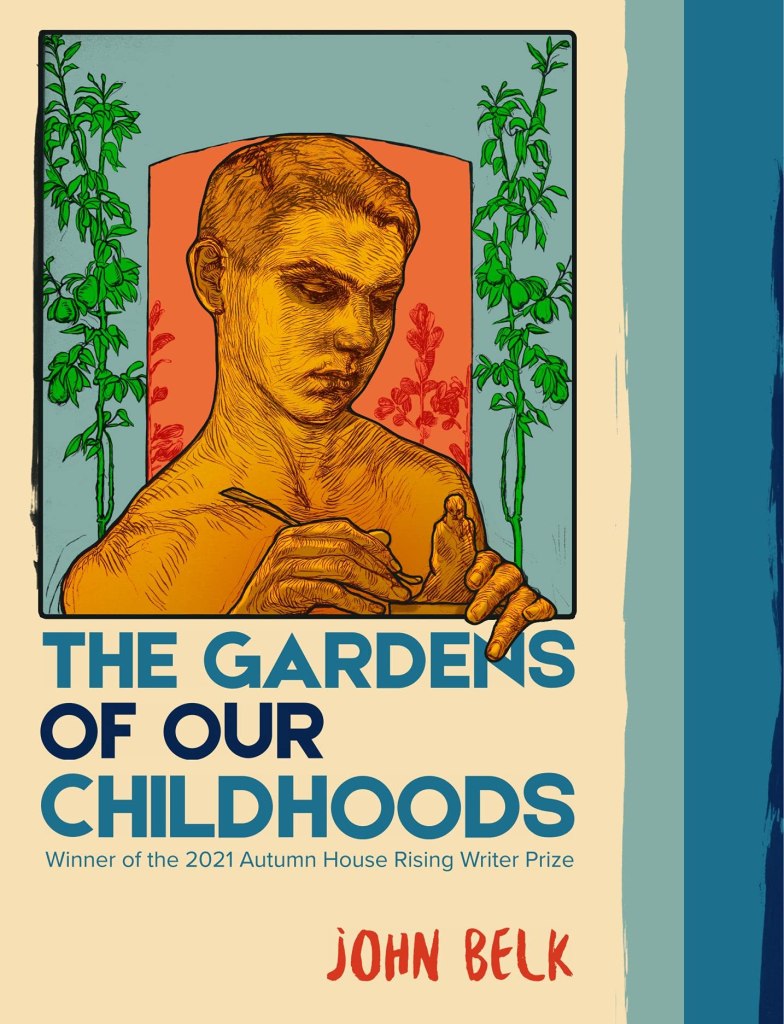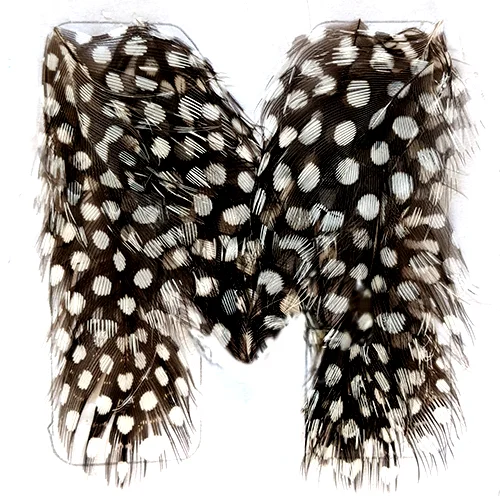The brutality of it was stunning. There was no sound, really—nothing
but a dizzy whistle of rope like starlight filtered through spring. He
made no sound as the line caught and dragged him beneath the hull.
I expected something. A scream? I had never seen a man die. His body
left pieces of flesh up the side of the ship as we hauled it to deck. He was
called Elijah, like the prophet. In his sea chest was a violin and a cloth
embroidered with wildflowers: yellow rattle, cowslip, some type of
ranunculus. I do not know if he bled to death before drowning, but I
expected a chariot of fire, a whirlwind, the very hand of god to reach down
and cradle this child we left there, unrecognizable, face turned to the sun.
I learned that day that god speaks not in the doings of men. Her silence is
our punishment forever: A mother’s touch out of reach. A ghost of something
we broke. A truth, that we were all damned from the beginning.


JOHN BELK is an Associate Professor of English at Southern Utah University and the author of The Gardens of our Childhoods (Autumn House Press, 2022) and The Weathering of Igneous Rockforms in High-Altitude Riparian Environments (Cathexis Northwest, 2020). His poems have recently appeared in Jet Fuel Review, Sugar House Review, Crab Orchard Review, Madison Review, Salt Hill, Worcester Review, Sport Literate, and Poetry South among others. His scholarship can be found in Rhetoric Review, Rhetoric Society Quarterly, Composition Forum, and edited anthologies.
Check out The Gardens of our Childhoods, John Belk’s debut poetry collection and the winner of the Rising Writer Prize from Autumn House Press







